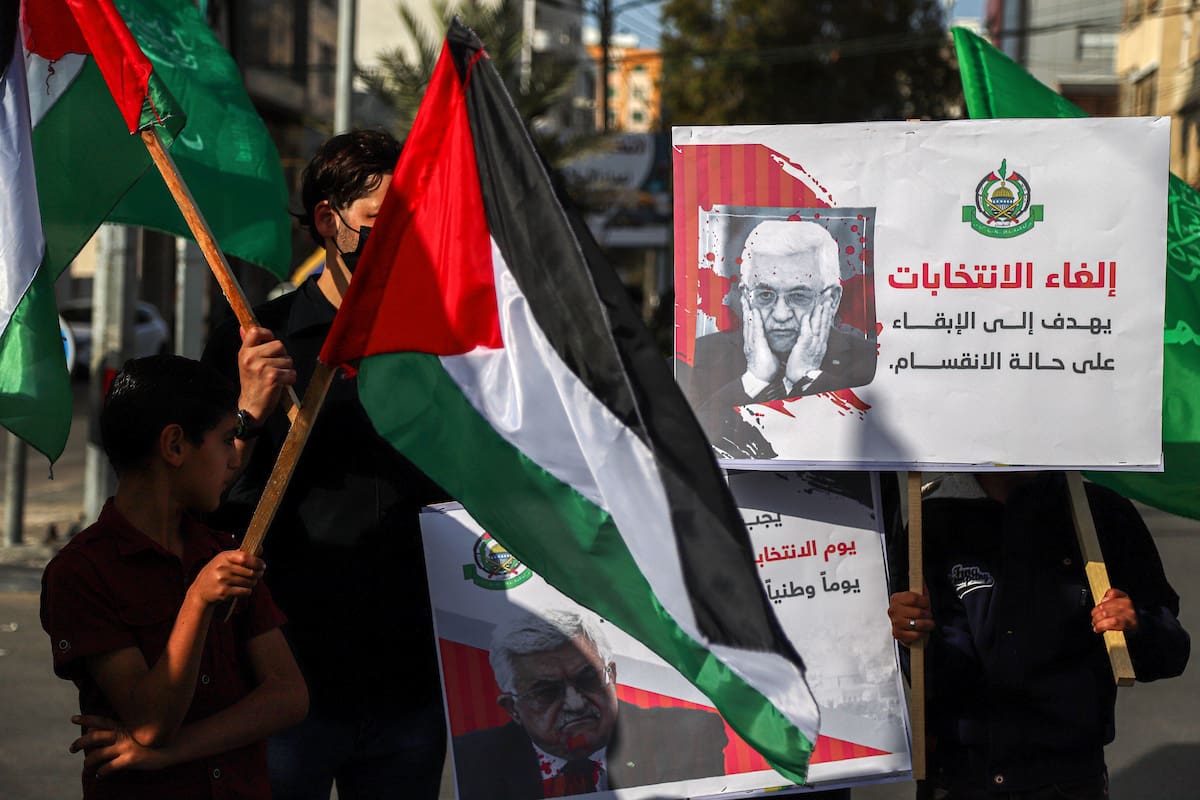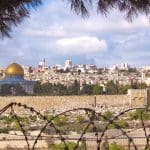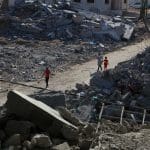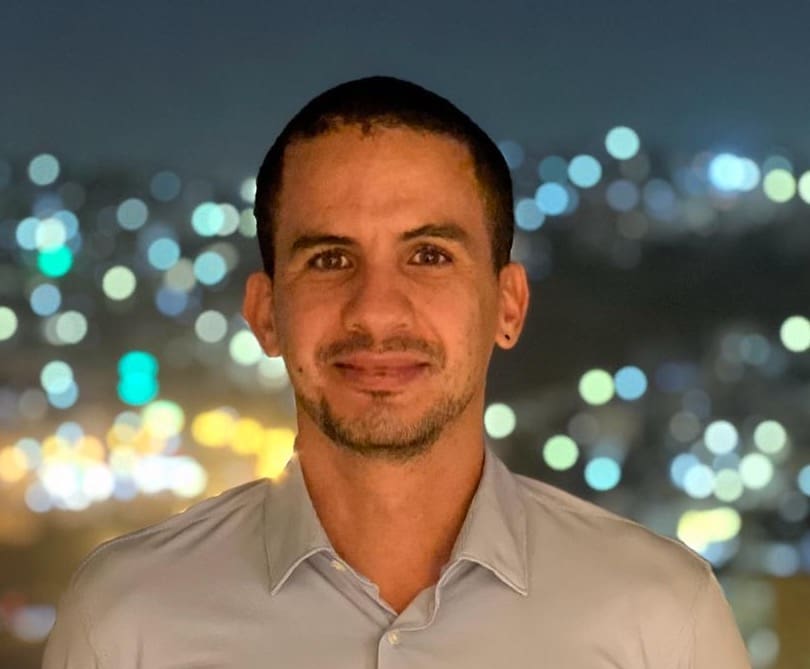
Palestinian leadership is in crisis. As speculation mounts about Mahmoud Abbas’s rule coming to an end, Hussein al-Sheikh continues to assume many of his responsibilities. What are the implications of al-Sheikh’s rise to power for the Palestinian political project and for Palestinians under the PA’s reign? Does it portend a deepening crisis for Palestinians and their leadership, or could it be an opportunity in the fast-changing Palestinian street?
Al-Shabaka policy analysts Leila Farsakh and Ahmad Khalidi join us for a discussion with host Nadim Bawalsa about these unfolding developments in Palestinian leadership.
Nadim Bawalsa is Associate Editor with the Journal of Palestine Studies. From 2020-2023, Nadim served as Al-Shabaka’s commissioning editor. He is a historian of modern Palestine, and author of Transnational Palestine: Migration and the Right of Return before 1948 (Stanford University Press, 2022). His other work has appeared in the Jerusalem Quarterly, the Journal of Palestine Studies, NACLA Report on the Americas, and as well as in edited volumes. He earned a joint doctorate in History and Middle Eastern & Islamic Studies from New York University in 2017, and a Master’s in Arab Studies from Georgetown University’s Center for Contemporary Arab Studies in 2010. In 2019-2020, he was awarded a PARC-NEH fellowship in Palestine.
Al-Shabaka policy analyst, Leila Farsakh, is Associate Professor and Chair of the political science department at the University of Massachusetts Boston. She is the author of Palestinian Labor Migration to Israel: Labour, Land and Occupation (Routledge, 2012), and of Rethinking Statehood in Palestine: Self-determination beyond Partition (California University Press, 2022). She has worked with a number of organizations, including the Organization for Economic Cooperation and Development (OECD) in Paris and MAS in Ramallah, and she has been a senior research fellow at Birzeit University since 2008. In 2001, she won the Peace and Justice Award from the Cambridge Peace Commission.
Ahmad Samih Khalidi is Associate Fellow at the Center for Security Policy, Geneva, and Senior Fellow at the Institute of Palestine Studies, Beirut. A Palestinian from Jerusalem educated at Oxford and London Universities, Khalidi has been a Senior Associate Member at St. Antony’s College, Oxford, and co-editor of the Arabic edition of the Journal of Palestine Studies. He served as advisor to the Palestinian delegation at the Madrid/Washington peace talks between 1991 and 1993, as senior advisor on security in the 1993 Cairo-Taba PLO-Israeli talks, and as advisor to Presidents Yasser Arafat and Mahmoud Abbas. Khalidi has written widely in both English and Arabic in outlets such as Foreign Affairs, the New Yorker, Foreign Policy, the New York Times, The Guardian, the Cairo Review, Prospect, and OpenDemocracy, among others. He is author of three books: Syria and Iran: Rivalry and Cooperation, (Chatham House, 1995), Track-2 Diplomacy; Lessons from the Middle East (MIT Press, 2003), and A Palestinian National Security Framework (Chatham House, 2006).
















